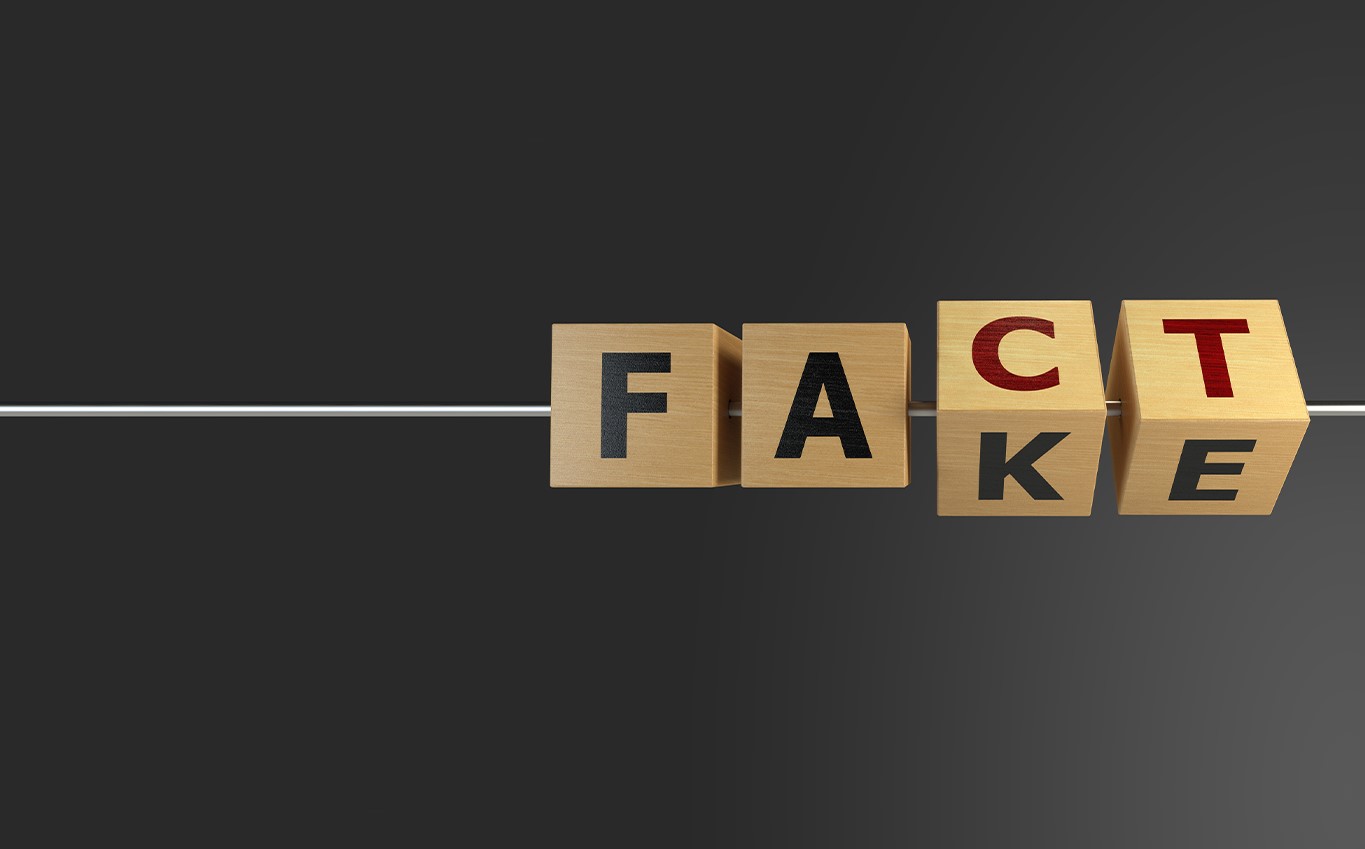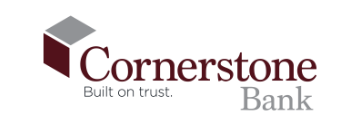What Is Identity Theft?
Identity Theft Protection for Financial Security
How does identity theft happen?Whether it’s by mail, phone or email there are many methods of identity theft that thieves rely on.
Here are some general financial security tips:
- Unless you initiated the contact with a trusted party, never provide personal financial information over the phone or internet, including your Social Security number, account numbers or passwords.
- Never click on links within an email you believe to be fraudulent. Such emails may contain a virus that can contaminate your computer.

- Do not be intimidated by an email or caller who suggests dire consequences if you do not immediately provide or verify financial information.
- Order a free copy of your credit report from the three credit reporting agencies every year and make sure all the information is correct—especially your name, address and Social Security number. Look for indications of fraud, such as unauthorized applications, unfamiliar credit accounts, credit inquiries and defaults and delinquencies that you did not cause.
- Check your Social Security statement once each year to make sure that no one else is using your Social Security number for employment.
FTC Tips to Avoid Being Victimized
To help increase your identity protection, the Federal Trade Commission (FTC), the nation’s consumer protection agency, offers this additional guidance:
- If you get an email that warns you, with little or no notice, that an account of yours will be shut down unless you reconfirm your billing information, do not reply or click on the link in the email. This is one of the most common types of identity theft. Instead, contact the company cited in the email using a telephone number or website address you know to be genuine.
- Avoid emailing personal and financial information. Before submitting financial information through a website, look for the “lock” icon on the browser’s status bar. It signals that your information is secure during transmission.


- Keep your deposit and withdrawal slips, credit card receipts and bills, bank statements, personal identification numbers (PINs) and any other documents that bear your Social Security number and other personal information where they will be safe.
- Tear up or shred credit card receipts, bank statements and unused credit card offers before throwing them away.
- Review credit card and bank account statements as soon as you receive them to determine whether there are any unauthorized charges. If your statement is late by more than a couple of days, call your credit card company or bank to confirm your billing address and account balances.
- Use anti-virus software and keep it up-to-date. Some unscrupulous emails contain software that can harm your computer or track your activities without your knowledge. Anti-virus software and a firewall can protect you from inadvertently accepting such unwanted files.
- A firewall helps make you invisible on the internet and blocks all communications from unauthorized sources. It’s especially important to run a firewall if you have a wireless connection. Finally, your operating system may offer free software “patches” to close holes in the system that hackers or criminals could exploit.
- Be cautious about opening any attachment or downloading any files from emails you receive, regardless of who sent them.

If you believe you’ve been scammed, file your complaint at reportfraud.ftc.gov, and then visit the FTC’s Identity Theft website at www.consumer.gov/idtheft/ to learn how to minimize your risk of damage from ID theft and to learn other ways to avoid email scams and deal with deceptive spam.



 Translate
Translate